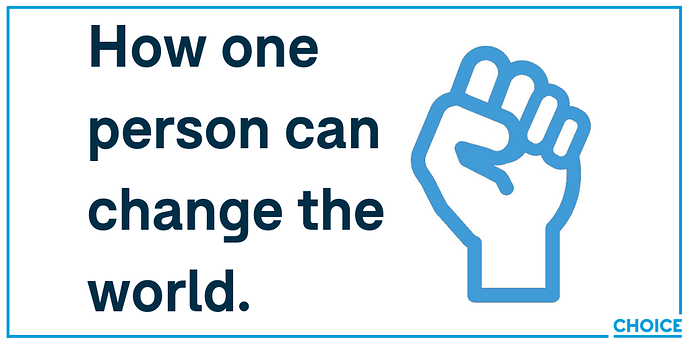In 2015, a gutsy young woman took on one of the country’s largest insurers.
When in Year 12, Ella Ingram had been looking forward to a school trip to New York but before she was due to leave, she was diagnosed with depression and was unable to travel.
She had wisely taken out travel insurance, so she lodged a claim. To her surprise, her insurer QBE refused her claim on the basis of mental health. This wasn’t one of the dreaded pre-existing conditions that trip up many people seeking travel insurance. Her condition developed after she took out insurance. Instead, QBE relied on a blanket exclusion – a clause that ruled out any claim linked to a mental health condition.
Thank goodness for the rest of us, Ella decided not to cop it. With the assistance of Victoria Legal Aid, she challenged the decision in the Victorian Civil and Administrative Tribunal, arguing that it was unlawful discrimination against her on the basis of disability.
This was not a new issue. Mental health, human rights and consumer organisations had been raising concerns about unlawful discrimination by insurers for many years. There had been other legal challenges but insurers would offer a settlement before a case got to court. The consumer would quite reasonably take the certainty of compensation over the risks and costs of going to court. Somehow, Ella’s case slipped through the net.
Ella won that case and was awarded compensation. I’d like to say the rest is history but sadly that’s not the case.
The Victorian Equal Opportunity and Human Rights Commission recently reviewed progress in the insurance industry since Ella’s case. It found that during the eight months of the Commission’s investigation, travel insurers had sold over 365,000 policies that discriminated against people with mental health conditions. It also found that three major insurers – Allianz, Suncorp and World Nomads – had continued to apply blanket exclusions like that used by QBE in Ella’s case.
Under anti-discrimination law, insurers can discriminate but only if they can supply data or evidence to support their approach. None of the major insurers were able to supply adequate evidence to the Commission to justify blanket exclusions.
This story shows how the action of one person can change the world. It’s also an aspect of the financial services system that received scant attention in last year’s royal commission, which was just a brief skate across a few examples of poor conduct. There are many more stories to be told, and a much bigger job to be done to make sure the system works ethically, in the interests of all of its customers.
